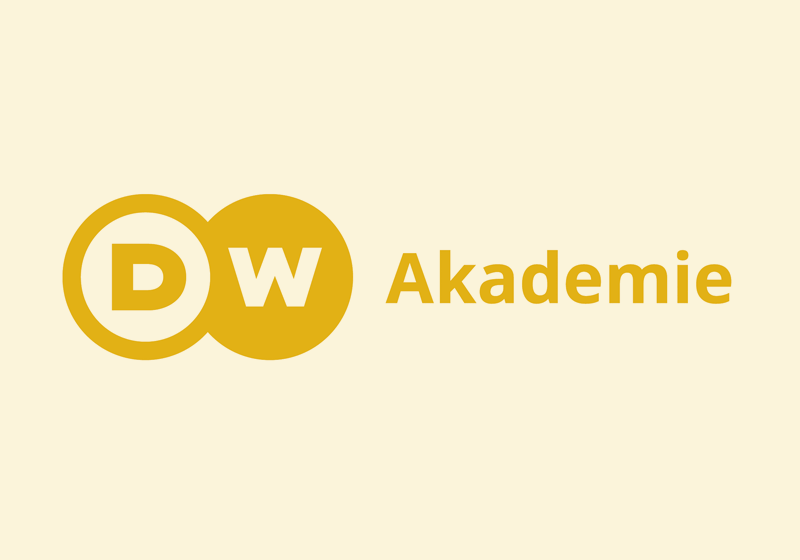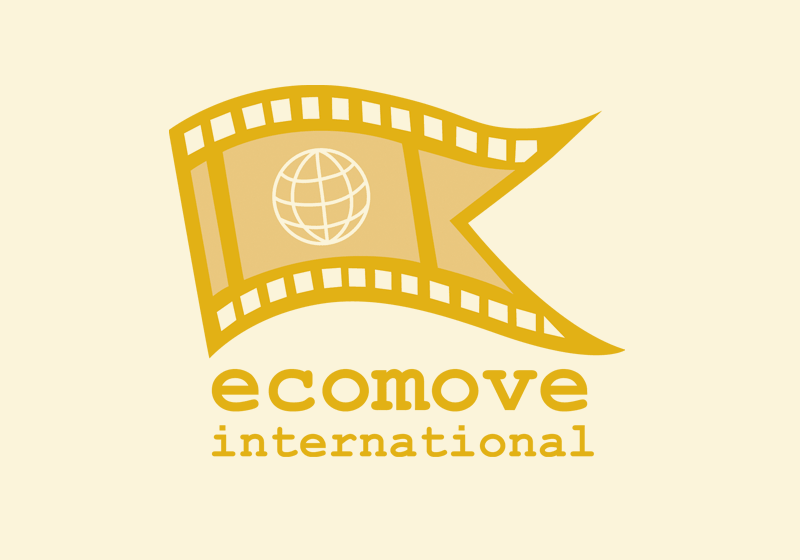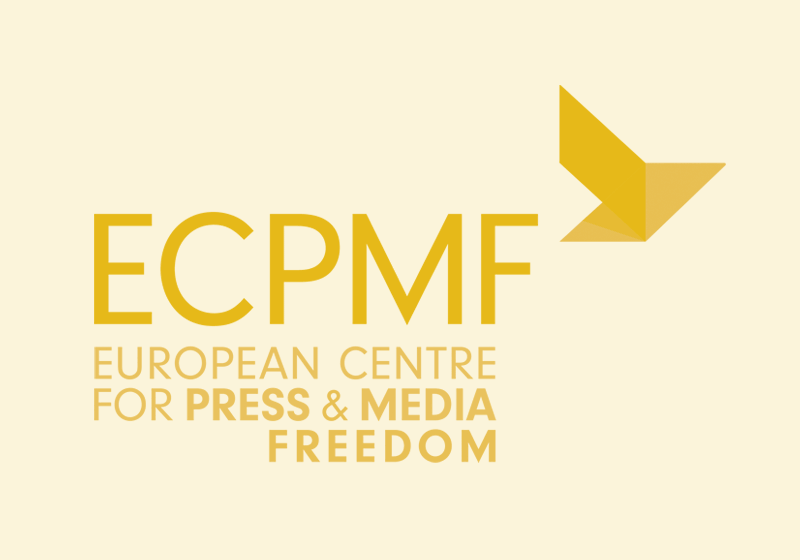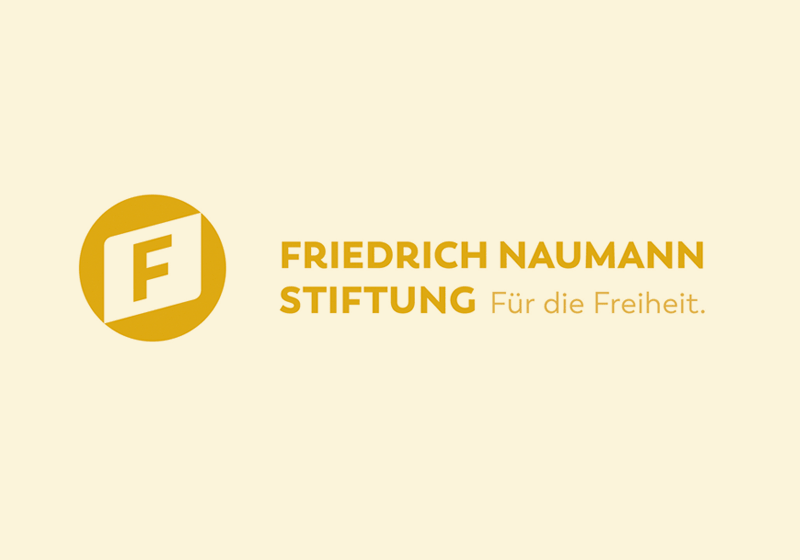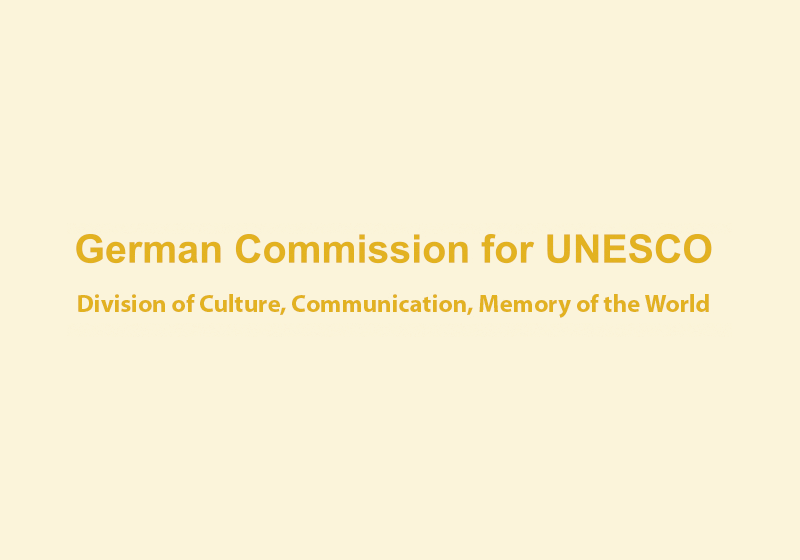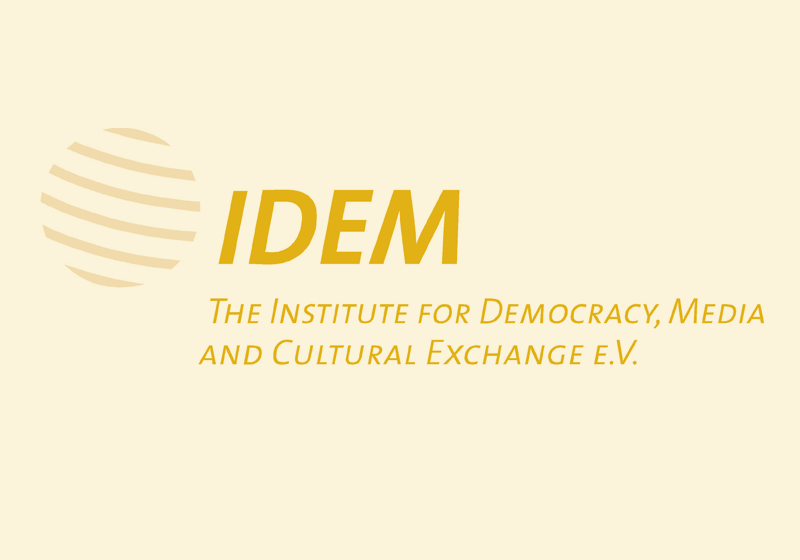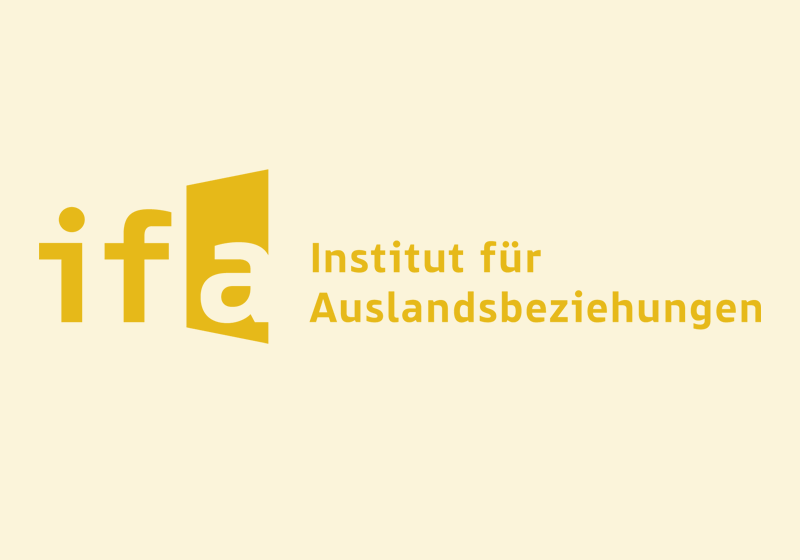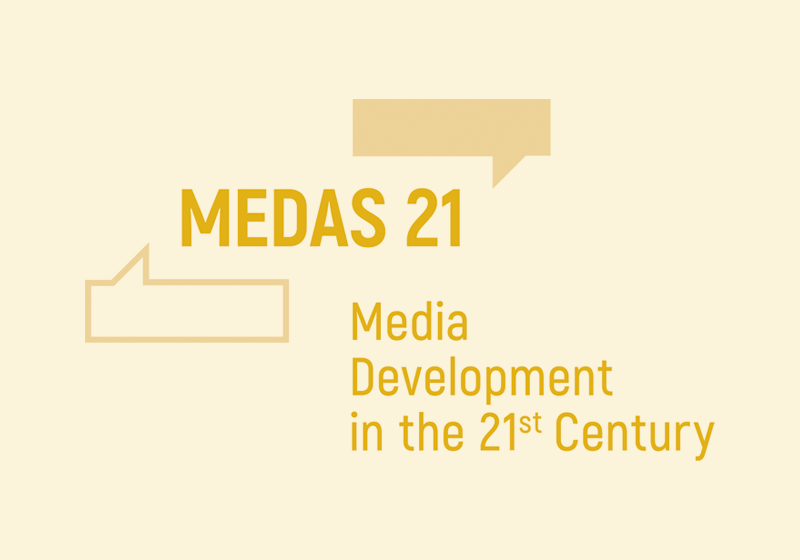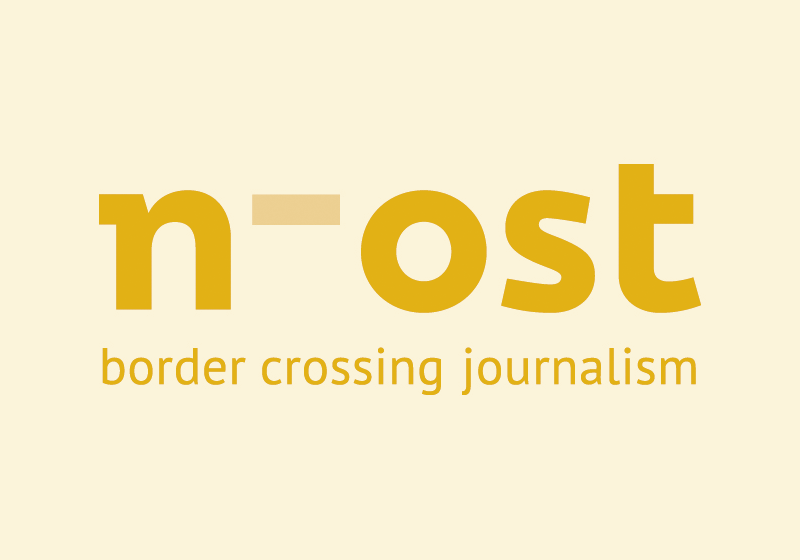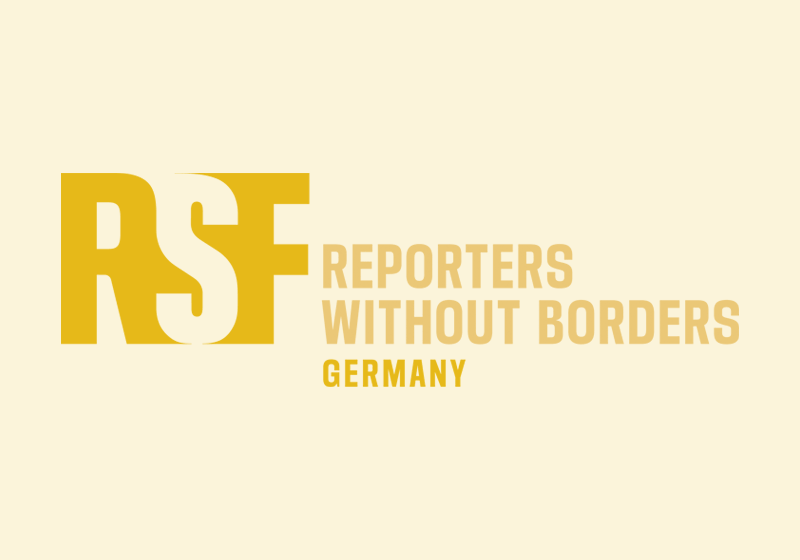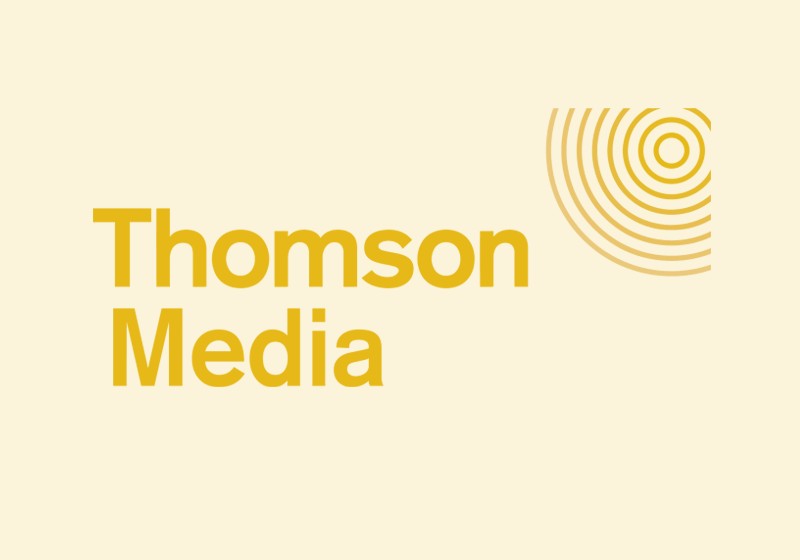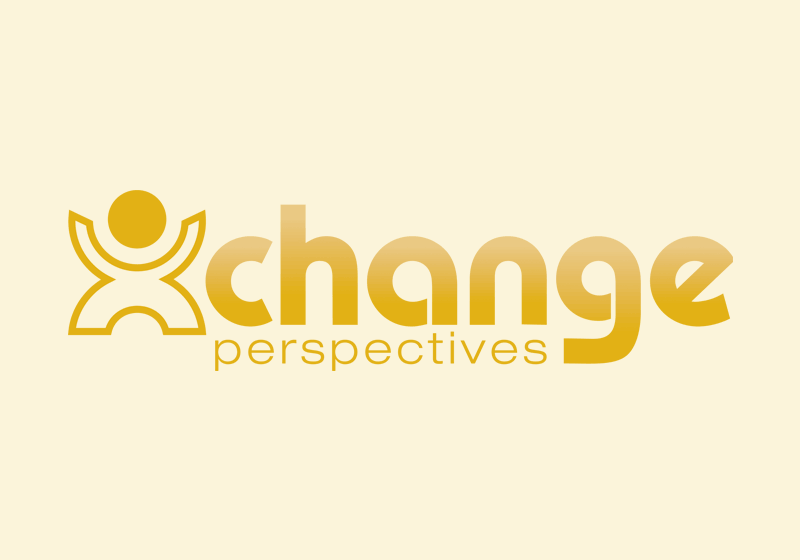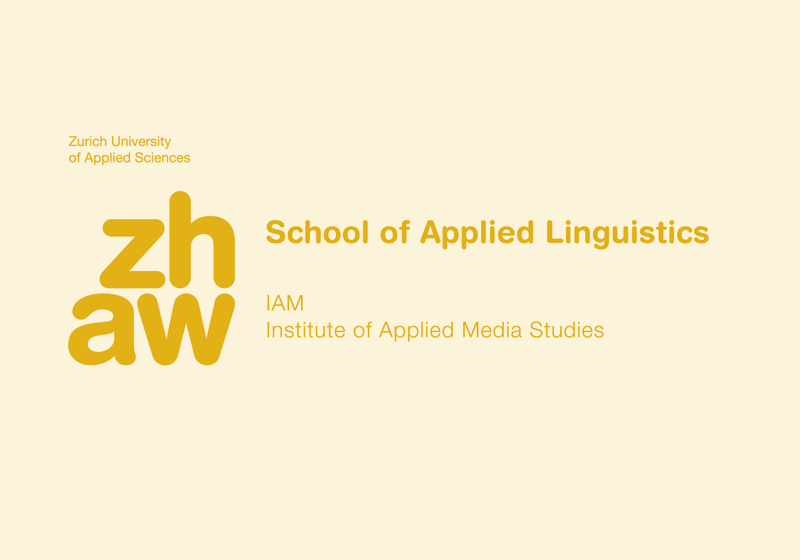Mobile Journalism: Supporting social change through local technologies
By Christine Bukania and Eira Martens
In Africa, where access to technology and the internet is still extremely low, open source software through initiatives like Freedom Fone and FrontlineSMS are turning mobile phones into the major drives for meeting information demands and enabling citizen participation across the continent.
Since 2002, the number of mobile phones in Africa has grown from 49 million to 500 million. This increase provides a great potential for response to humanitarian crisis, providing health and sexual education, sharing information on markets and agriculture, event updates and edu-tainment.
Brenda Burell co-founder of the Kubatana Trust of Zimbabwe and leader of the Freedom Fone project and Sean McDonald, Founder of FrontlineSMS and Director of Operations at FrontlineSMS talked about their work in promoting mobile journalism at the FoME 2011 Symposium.
Adapting to local technology and limited connectivity
Internet connectivity is not a pre-requisite for Freedom Fone and FrontlineSMS to work. One does not need a sophisticated smart phone either. According to McDonald, adapting to locally appropriate technology has increased the uptake of their services. FrontlineSMS has already been downloaded 18,500 times in more than 100 countries.
Both Burrell and McDonald observe that these mobile platforms allow information to be shared quickly. For example, during humanitarian emergencies organizations can rapidly map the scale of the problem, plan a coordinated response and share information with the affected communities.
Freedom Fone: Gathering feedback from audiences
Furthermore, user interaction is enhanced. For example, viewers of Rien Que La Vérité, a television show on HIV and AIDS in the Democratic Republic of Congo, uses FrontlineSMS to contribute to content production through votes, while in Egypt, Harass Map enables women to send in reports on harassment, which is then mapped to give an overview of prevalence. Freedome Fone on the other hand, has been used by radio DJs to gather feedback from their audience.
Illiterate people cannot benefit fully from SMS services. To include them, Freedom Fone created an audio component in all languages and a feature through which people communicate by leaving voice mail. Other challenges include costs incurred by callers and political interference, factors that can be addressed by understanding the local context.
According to the speakers, there is always room for improvement. Being open source means that people use the product for all kinds of activities and one has to continuously learn from innovation of users.







